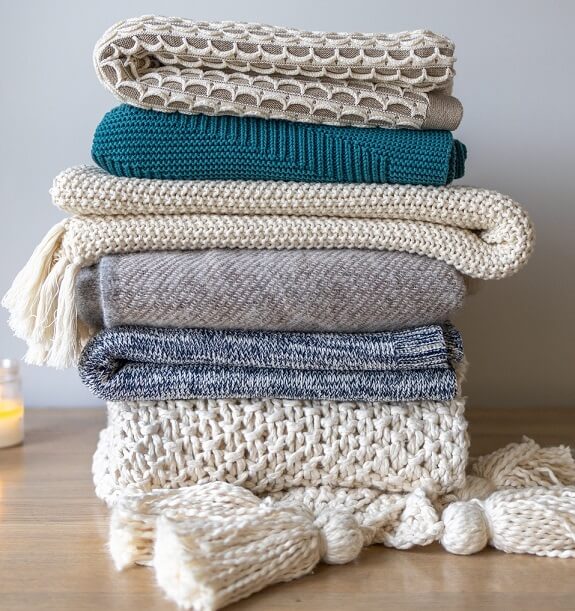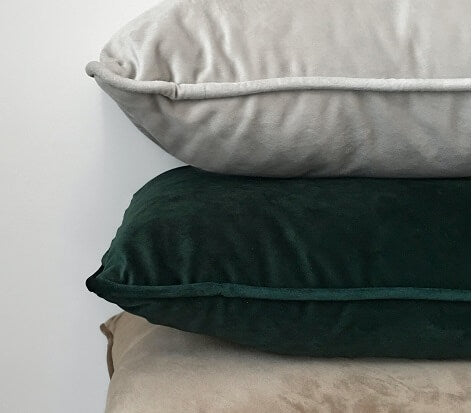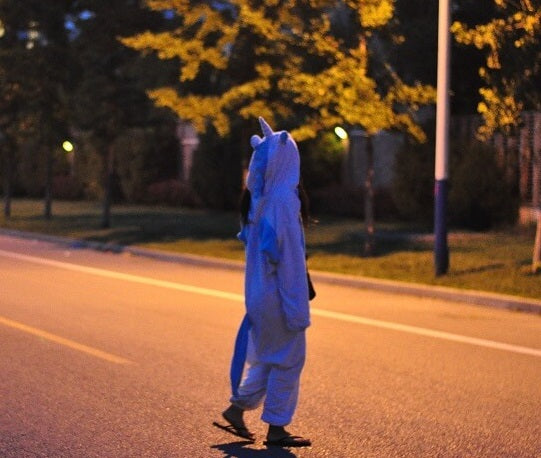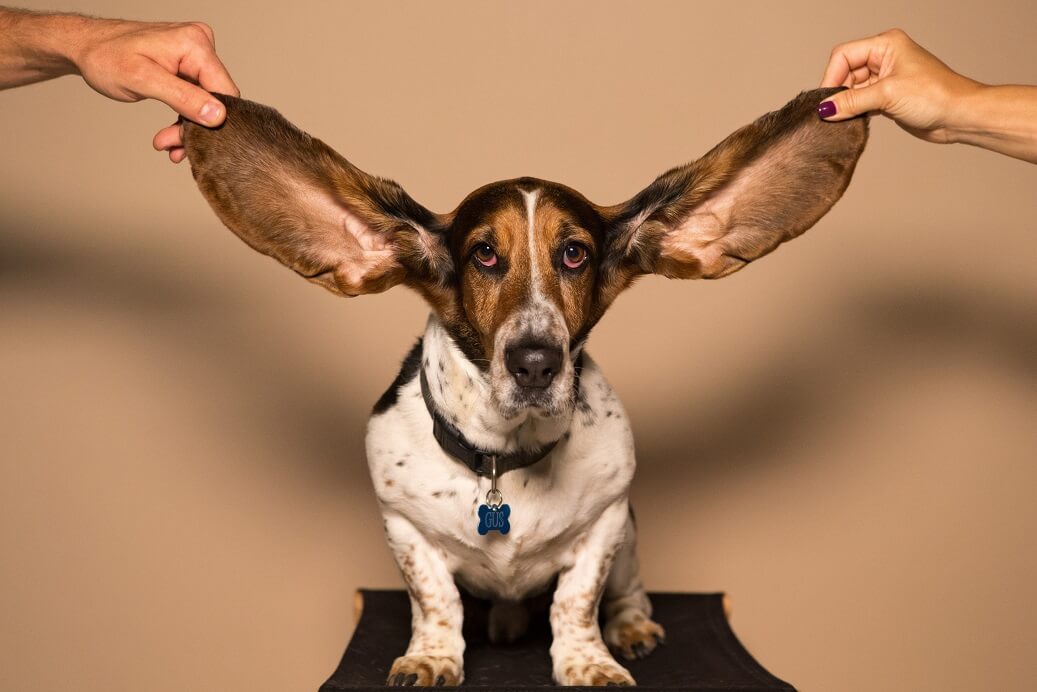It's a common question for parents of young children. There are a few things to consider when answering this question.
Let’s find out more and discuss how much sleep babies need, if they sleep more when teething, and what you can do if your baby doesn’t want to sleep. Let’s take a look at some recent studies on the topic as well as what parents who have gone through it can tell us about their experiences with teething and sleeping.

How Does Teething Affect Sleep Patterns
Teething, in and of itself, does not affect sleep patterns or habits. As long as your baby’s normal routine and bedtime do not change, you should see little or no difference in your baby’s sleeping habits once he/she has started teething. If something changes in your child’s routine, chances are it is not due to him/her starting teething and it could indicate an underlying problem with his/her health, disposition or other issues that need addressing. How Do I Help My Baby Sleep: Try changing his/her diet. Some experts say feeding your baby breast milk or formula while they are teething can help soothe their gums. Others recommend giving them foods high in calcium such as yogurt, cheese and salmon because these foods also have numbing properties that can help alleviate pain. But remember to always check with your pediatrician before making any drastic changes to how you feed your baby since there may be allergies involved which can make things worse instead of better. Finally, make sure you keep up on good hygiene practices at home by frequently washing hands and surfaces which will help prevent spreading germs around and keep everyone healthy during cold season!
How Much Sleep Is Enough?
Teething is just one factor that can affect your baby’s sleep habits; it’s important to look at all aspects of your child’s development as she progresses through different stages. Babies typically need between 12 and 16 hours of sleep in every 24-hour period, depending on age and activity level. While some babies may require more or less total rest than others, each individual requires an uninterrupted block of time in order to transition smoothly into REM sleep—the most restorative type of slumber—that makes up most people’s nighttime hours.
How Much Should Babies Sleep, According To Experts
According to Healthline, infants should be getting at least 12 hours per day and no less than 10 hours. Newborns who aren't breastfeeding should only be awake for two 3-hour sessions, with an hour break in between during which you can put them down for a nap. By 6 months old, most experts recommend 11-14 hours, however some children may need as much as 16 hours (Healthline). As always, consult your pediatrician if you're unsure about your baby's sleeping patterns. How Much Sleep Do Teething Babies Need: Teething is one of those subjects that people have lots of opinions on but not a lot of facts. Parents often report that their child is teething or cutting teeth around certain ages or time periods, but there isn't any hard evidence to support these claims. While many adults report being very tired after getting their wisdom teeth removed, there isn't any data suggesting it has anything to do with tooth development or pain relief. In fact, babies don't even get their first teeth until they're 4-6 months old, so it would make sense that they wouldn't be able to feel any pain from teething until then. However, if your baby seems fussy or uncomfortable and you notice white spots where teeth will eventually come through, try rubbing a wet washcloth over his gums—it might help them feel better! If they continue to cry inconsolably and nothing else works, contact their doctor. They may just need something like Tylenol or Motrin to help them sleep soundly throughout the night.
Why Are Babies Easily Frustrated When Sleepy?
When our baby is tired, we tend to become frustrated. The easiest way to get your baby back on track is by trying new sleeping methods and seeing what works best for your family. Teething can make them more irritable than usual, so instead of focusing on getting them to stop being fussy and go back to sleep, try distracting them with something new, like a toy or book (not technology!). Then when you put them down again offer something familiar and soothing from their bedtime routine; if they still wake up cranky, keep trying different tactics until you find one that works best for you! Maybe it’s jiggling their favorite stuffed animal every time they start fussing. You may even find it helpful to have someone else take over putting your baby to bed at night so you can take care of yourself too! No matter how long it takes, remember that consistency is key – eventually, your baby will learn how to fall asleep on his own again and be able to sleep through the night without any help from Mom or Dad. But just remember not to give up too soon – even older kids sometimes have trouble learning how to fall asleep all by themselves at first.
A Word From Very well
Sleep is very important during infancy and childhood. You might be concerned about how your child sleeps at night or be worried that he or she isn't sleeping enough—or if you've had a baby, you might wonder if your little one will suffer from tooth pain during his or her first months of life. Just remember that there is no right answer here; even if your child seems happy and alert and has plenty of energy during the day, it's normal for some kids to have difficulty sleeping and displaying outward signs that they are in pain despite what they might say or do otherwise.







